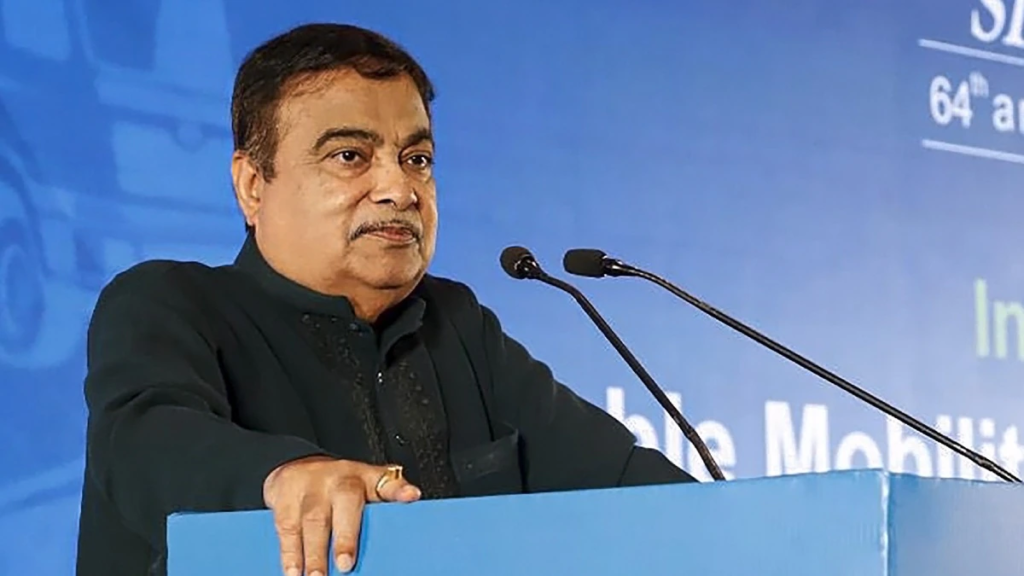Union Minister Nitin Gadkari on Monday called pollution India’s biggest challenge, emphasizing that the transport sector is a leading contributor. He highlighted the urgent need to transition from fossil fuels to alternative energy sources, both to reduce environmental damage and ease the economic burden of fuel imports, which cost India ₹22 trillion annually.
Speaking at the launch of an eco-friendly electric cycle in Thane, the Road Transport & Highways Minister underscored the importance of cycling as a sustainable urban transport option, especially as cities continue to expand.
Gadkari pointed out that since 2014, India’s automobile industry has surpassed Japan to become the world’s third-largest. Looking ahead, he predicted: “By 2030, India will be the world leader in electric vehicle production, significantly impacting the global auto market.”
He attributed the increasing affordability of EVs to the sharp decline in lithium-ion battery costs, now at $100 per kWh, bringing them closer to price parity with fuel-powered vehicles.
“Pollution is our country’s biggest challenge, and a major part of it comes from the transport sector,” he stated, stressing that the shift to electric and alternative fuels is “not just an environmental necessity but also an economic imperative.”

India’s young engineers and startups, he said, are driving innovation in EV technology and alternative fuels, positioning the country at the forefront of the green energy revolution. He also noted the rising global demand for Indian-made electric two-wheelers, presenting a strong export opportunity that could strengthen the economy.
A key focus area, he added, is biofuels. The government is working on converting agricultural waste into energy sources like bio-CNG and bio-aviation fuel. “Farmers will no longer be just food providers—they will be energy providers too,” he said, explaining that this shift will boost rural incomes, reduce pollution, and cut fuel import costs.
Gadkari also called for investment in dedicated cycling infrastructure to promote eco-friendly transport, improve road safety, and ease congestion in urban areas.
He credited proactive government policies since 2014 for accelerating the automobile sector’s growth. “By creating a supportive ecosystem for innovation and competition, India has become an attractive hub for EV manufacturing, alternative fuels, and green mobility solutions,” he said.
Reaffirming India’s commitment to reducing pollution, lowering fuel imports, and driving economic growth through green technologies, Gadkari concluded: “With a strong push for electric vehicles, biofuels, and urban cycling infrastructure, India is poised to lead the global transition to sustainable transport solutions. The combination of cutting-edge technology, young engineering talent, and agricultural innovation will ensure that India remains competitive in the evolving global landscape.”
